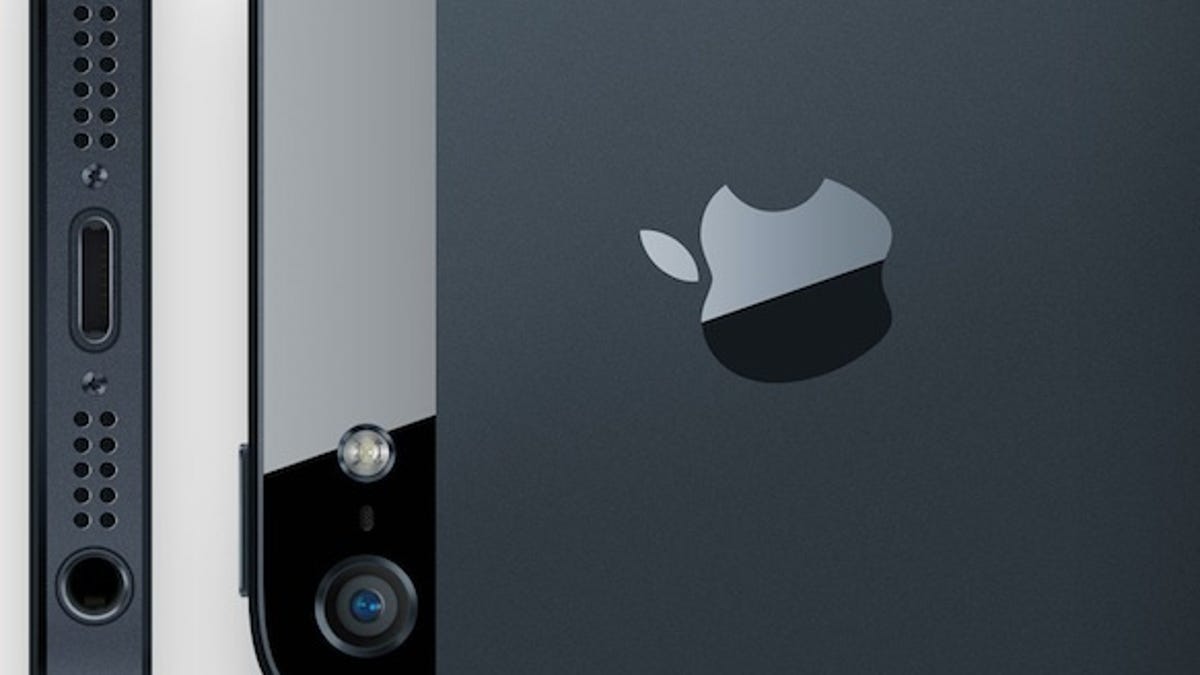Apple's next-gen iPhone chip being prepped
Apple's next-gen iPhone chip will get "taped out" this month in preparation for pilot production this summer, says an Asia-based report.

Apple and its manufacturing partner are readying the next-generation processor expected to land in future iPhones and iPads.
Taiwan Semiconductor Manufacturing Company, or TSMC, is expected to tape out -- one of the final steps before manufacturing -- Apple's A7 chip this month, according to a report in Digitimes.
That will set the stage for pilot production by TSMC this summer and commercial production by the first quarter of 2014.
The A7 will use TSMC's future 20-nanometer manufacturing process -- which isn't expected to be ready until 2014.
Apple, in fact, is designing products now based on the TSMC's 20-nanometer process, according to sources contacted by CNET who are familiar with TSMC's plans.
Those sources also expect TSMC's Apple chip production to begin in 2014.
To date, Samsung has been the exclusive manufacturer of Apple's A series processors -- including the current A6 chip -- for the iPhone and iPad. But Apple has been looking to diversify beyond Samsung.
Down the road, that diversification could also include Intel. One school of thought has Intel making chips for Apple on its 14-nanometer process, possibly in 2014.
Another theory is that Apple looks to limited production from Intel on its current 22-nanometer process.

